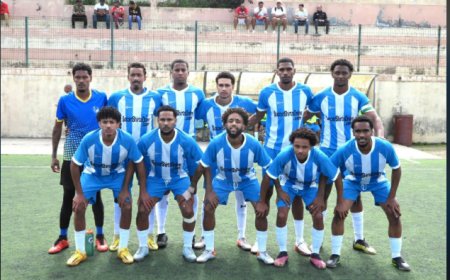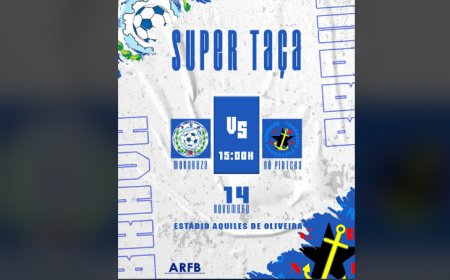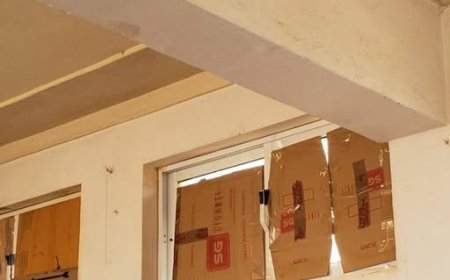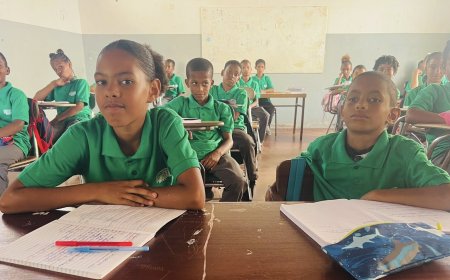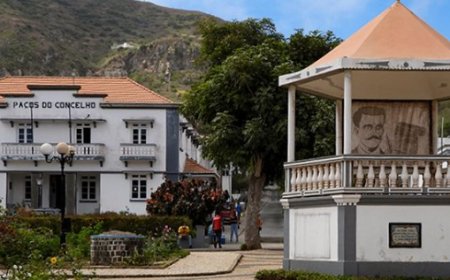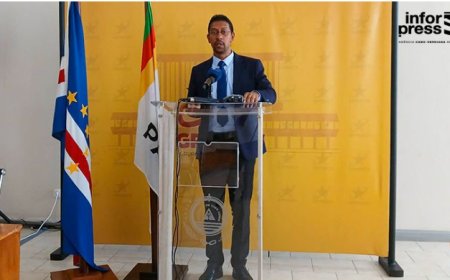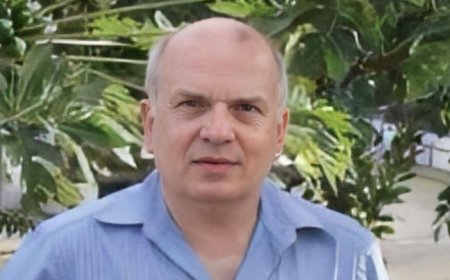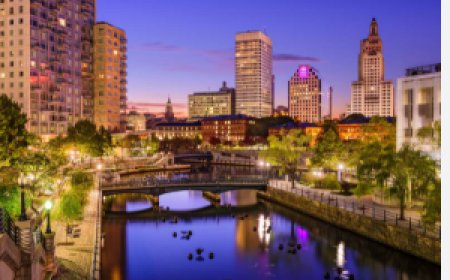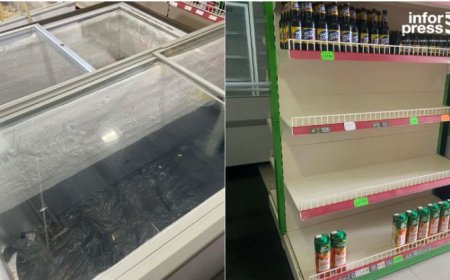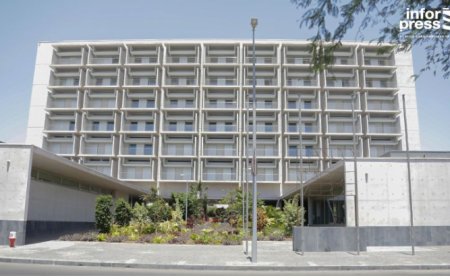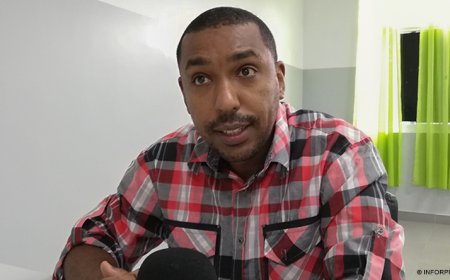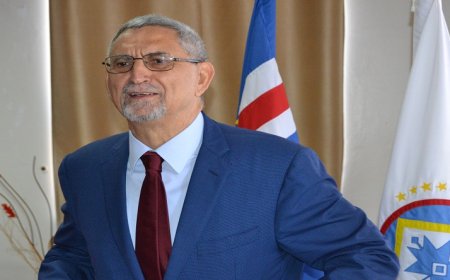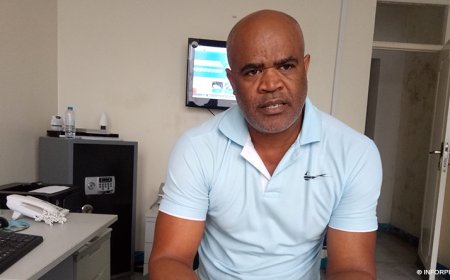Brava: Endemic plant conservation project on Brava Island begins second phase
The terrestrial project that aims at the conservation of endemic plants on the island of Brava, which intends to work on environmental education, has already started its second phase, which is the awareness-raising part.
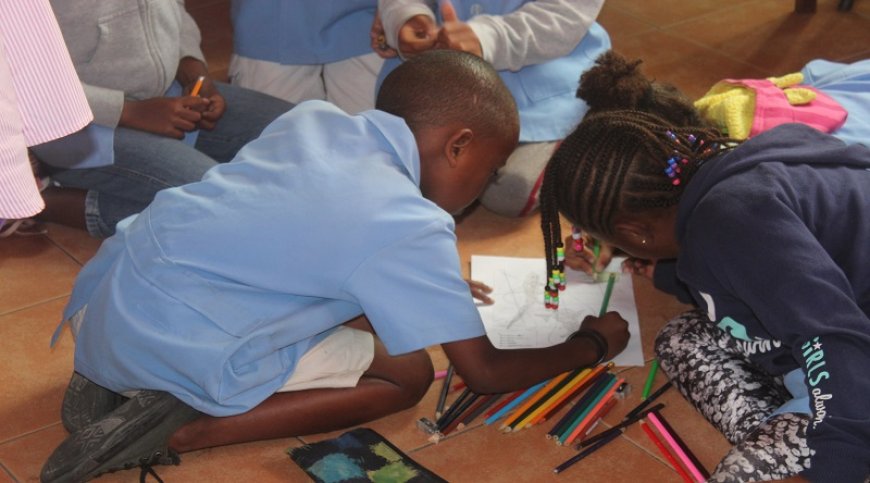
The terrestrial project that aims at the conservation of endemic plants on the island of Brava, which intends to work on environmental education, has already started its second phase, which is the awareness-raising part.
This information was advanced to Inforpress by the current project leader, Gelson Monteiro, explaining that in a first phase, research was carried out on the endemic plants existing on the island and their conservation status.
This project, which aims to work society in terms of preserving the environment and, above all, endemic plants, also intends to make the island known both nationally and internationally, in terms of such plants.
The leader added that they have already started the educational part, where they are already planning awareness campaigns with people in communities and schools, starting with the school of Nossa Senhora do Monte, because, as he explained, it is practically this school that will be the core of the project.
He added that they began by sharing with these children the importance of preserving endemic plants and had even delimited a space where the nursery would be built.
At the nursery, he stressed that they will take endemic plants, seeds and seedlings to place there and will monitor all stages of plant development, so that in a next step, if they want to transplant from the nursery to another space, they already know the process.
This nursery, explained the same source, is also one of the awareness and environmental education actions for children, which will serve not only the core school, but also for others who want to visit, know and learn more about the plants. endemic.
In terms of scientific research, there is also the construction of the herbarium and a seed bank, which are in the collection phase.
After the schools, the awareness process will begin in the communities, mainly in the community of Fajã d'Água, where the hydrographic basin is located, which is “extremely important” for the conservation of these endemic species.
Aware that the process of raising awareness and changing behavior “is not an easy process”, Gelson Monteiro revealed that they will get in touch with local associations in each community, which work directly with shepherds and farmers, to support this process.
With the support of community associations, he says he believes that if they join forces, they will be able to change their mindset little by little.
After surveying the plants and taking into account the state in which they are found, they submitted an application to Fauna and Flora International (FFI) and Critical Ecosystem Partnership Fund (CEPF), where they managed to obtain funding of 20,000 dollars to carry out this project for a period of time. year.
Associação Biflores was created in 2016, with the mission of promoting and raising awareness in society on environmental issues; preservation of Biodiversity and the promotion of volunteering in different environmental areas.
MC/ZS
Inforpress/End





